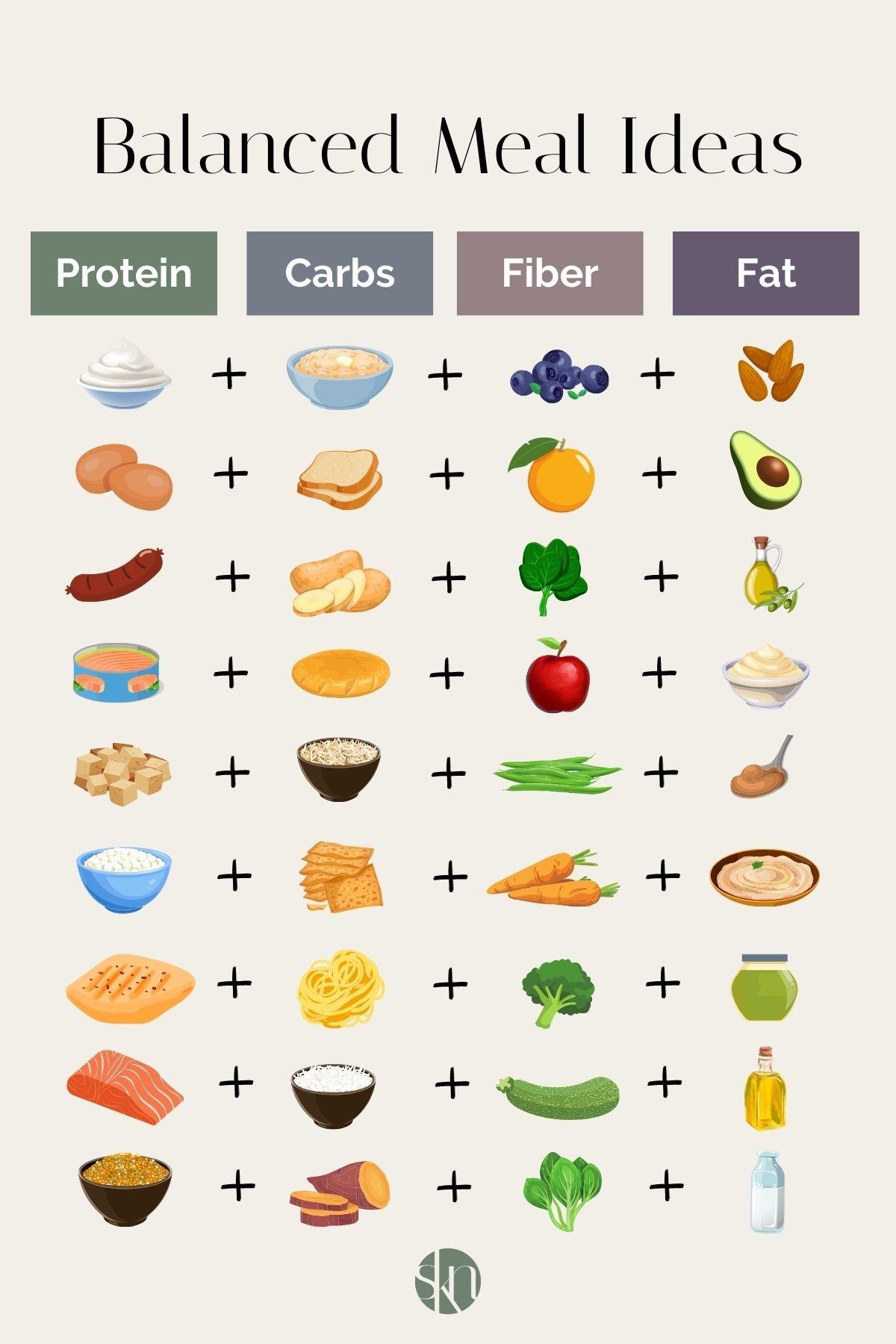In a world where dietary trends come and go like fleeting fads, the concept of a whole foods diet stands as a beacon of timeless wisdom. Stripped of the complexities and processed intricacies of modern eating, a whole foods diet invites us to return to nature’s pantry, where simplicity meets nourishment. This approach to eating emphasizes consuming foods in their most natural state—fruits, vegetables, grains, nuts, and seeds that are as unrefined and unprocessed as possible. But beyond the allure of vibrant produce and wholesome grains lies a wealth of benefits that extend far beyond mere sustenance. As we delve into the myriad advantages of a whole foods diet, we uncover a profound connection between what we eat and our overall health. Join us on a journey through the vibrant world of whole foods, where each bite is a step toward vitality, wellness, and a deeper appreciation for the bounty of the earth.
Exploring Nutrient Density and Its Impact on Vitality
In the pursuit of vibrant health, understanding the concept of nutrient density becomes paramount. Foods that are rich in vitamins, minerals, and other essential nutrients, relative to their calorie content, are considered nutrient-dense. These foods fuel our bodies with the necessary components to thrive, enhancing our overall vitality. When you focus on incorporating more nutrient-dense whole foods into your diet, you are not only nourishing your body but also promoting optimal functioning of all its systems.
Consider integrating the following nutrient-dense options into your daily meals:
- Leafy greens: Packed with vitamins A, C, and K, as well as fiber and antioxidants.
- Berries: Rich in antioxidants, vitamin C, and fiber, supporting immune function and digestive health.
- Nuts and seeds: Excellent sources of healthy fats, protein, and micronutrients like magnesium and zinc.
- Lean proteins: Essential for muscle repair and growth, providing a good dose of B vitamins and iron.
- Whole grains: Offer sustained energy, thanks to their fiber content and B vitamins.
By prioritizing these foods, you can enhance your diet’s nutrient density, leading to improved energy levels, better mental clarity, and a robust immune system, ultimately contributing to a greater sense of well-being.

Harnessing Natural Energy Sources for Improved Well-being
Adopting a whole foods diet can be transformative for your health, as it emphasizes the consumption of natural and unprocessed ingredients. This approach allows you to harness the intrinsic energy and nutrients found in nature, promoting a more vibrant and balanced lifestyle. Whole foods are rich in essential vitamins, minerals, and antioxidants that support the body’s natural healing processes and help maintain optimal function.
- Increased Energy Levels: Foods in their natural state provide sustained energy, helping you feel more alert and focused throughout the day.
- Enhanced Digestive Health: A diet rich in fiber from fruits, vegetables, and whole grains supports a healthy gut microbiome and efficient digestion.
- Improved Immune Function: Nutrient-dense whole foods bolster the immune system, making it more effective at warding off illness.
- Balanced Mood and Mental Clarity: Natural foods help stabilize blood sugar levels, reducing mood swings and improving cognitive function.
By embracing a diet centered around these pure, unadulterated foods, you can cultivate a deeper connection to the earth’s natural bounty, paving the way for enhanced physical and mental well-being.

The Role of Whole Foods in Enhancing Digestive Health
Whole foods play a significant role in maintaining and enhancing digestive health by providing a rich array of nutrients that support the gut microbiome. These unprocessed foods, such as fruits, vegetables, whole grains, nuts, and seeds, are naturally high in fiber, which is essential for regular bowel movements and preventing constipation. Fiber acts as a prebiotic, feeding the beneficial bacteria in the gut, which in turn helps in the production of short-chain fatty acids that are crucial for colon health. Moreover, whole foods are free from artificial additives and preservatives that can disrupt the delicate balance of gut flora, leading to improved digestion and nutrient absorption.
- Rich in Antioxidants: Whole foods are abundant in antioxidants that help reduce inflammation in the gut, promoting a healthier digestive tract.
- Natural Enzymes: Raw whole foods like fruits and vegetables contain enzymes that aid in breaking down food, making digestion more efficient.
- Hydration: Many whole foods, particularly fruits and vegetables, have high water content, which helps keep the digestive system hydrated and functioning smoothly.

Crafting a Balanced Whole Foods Meal Plan for Optimal Nutrition
Creating a meal plan centered around whole foods is a delightful journey towards optimal nutrition. This approach emphasizes consuming foods in their most natural state, minimizing processed ingredients, and focusing on a variety of nutrient-dense options. A balanced whole foods meal plan typically includes a colorful array of fresh fruits and vegetables, whole grains, lean proteins, and healthy fats. By doing so, it provides the body with essential vitamins, minerals, and antioxidants that support overall health and well-being.
- Fruits and Vegetables: Aim to fill half your plate with a diverse range of colorful produce. These foods are rich in fiber, vitamins, and phytonutrients.
- Whole Grains: Incorporate options like quinoa, brown rice, and oats, which are excellent sources of energy and contain beneficial fiber.
- Lean Proteins: Choose from plant-based proteins like legumes and tofu, or lean animal proteins such as chicken and fish to support muscle health.
- Healthy Fats: Include sources like avocados, nuts, and olive oil, which are crucial for brain health and hormone production.
By mindfully crafting meals with these components, one can enjoy the benefits of sustained energy, improved digestion, and enhanced overall health. The key is to maintain balance and variety, ensuring that each meal is as nourishing as it is delicious.






























